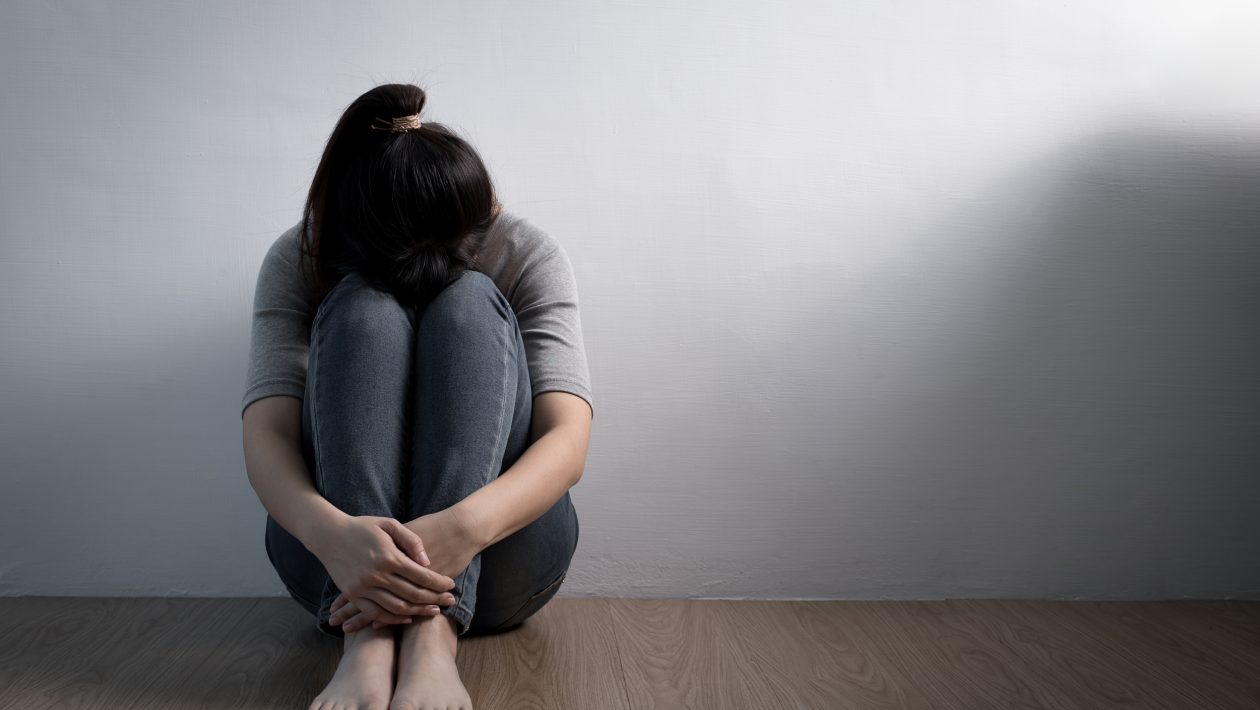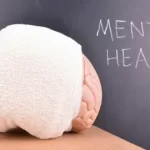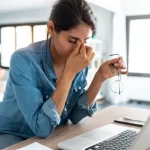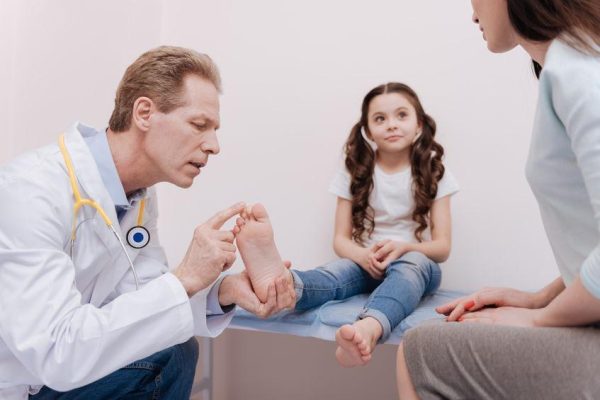Depression is a mood condition characterized by long-lasting low mood, apathy, and hopelessness. Effects on mental, emotional, behavioral, and even physical health have been documented. Depression, sometimes known as major depressive disorder, is characterized by persistent feelings of melancholy, negative thoughts, and isolation. Feeling hopeless or that any improvement is just transitory is a common symptom of major depression, which may lead to a downward spiral of negative emotions and actions (or non-doing). This is when you can take services like Wellness New York, NY, to your advantage.
However, depression is curable, and in addition to psychiatric care and counseling, there are actions you may take to manage depression. They include:
See a therapist
Successfully coping with depression typically requires participation in therapy. Psychotherapy will concentrate on encouraging realistic lifestyle changes to reduce stress and learn effective coping mechanisms. Improving self-esteem, shifting from pessimism to optimism, and learning to cope with stress are all topics you might discuss with your friend.
Reduce your stress
The stress hormone cortisol increases in your body while you’re feeling anxious. It is helpful in the short term since it prepares you to deal with whatever is generating your stress. However, in the long-term, it might bring you a lot of issues, including depression. The less stressed you are, the less likely you are to get sad; thus, practicing stress-reduction tactics is highly recommended.
Pursue things that bring you joy
Doing activities that you like and rejuvenate you might help you fight depression. Taking care of yourself means eating well, getting enough sleep, limiting your actions, and planning some enjoyable time.
You can’t make yourself feel good or enjoy yourself, but you can compel yourself to get things done. You might find that going outside does wonders for your mood. Spending time doing something you like can help you feel better about yourself, even if the depression doesn’t go away immediately. Retake an old interest, whether an old sport or a pastime. Use your inner artist by making or reading something creative. Hang out with your chums. Visit a historical site, the great outdoors, or a ballgame for the day.
Invest in quality time with your family
Depression might cause you to pull away from the people who mean the most to you, but talking to someone face-to-face can help reverse that trend. Phone conversations or online video chats may be as helpful as face-to-face meetings if you can’t get together. Keep in mind how much support you have from others around you. Try not to feel sorry for yourself. Both you and they benefit much from the communication.
Sleep well
The best way to maintain a cheerful disposition is to get enough sleep each night. People who are depressed often have insomnia or excessive daytime sleepiness. Maintain a consistent sleep routine regarding when you go to bed and when you rise. Feeling fatigued makes it harder to engage in positive activities, such as socializing, exercising, and dealing with stress.
You should seek professional treatment if, after using self-help measures and making good lifestyle changes, your depression persists or even worsens. Having difficulty completing a task does not make you unable. Feeling hopeless is a common side effect of depression, but the good news is that sadness is treatable, and you may start to feel better. Nonetheless, keep in mind these suggestions for helping yourself. If you’re already getting professional therapy for your depression, following the above tips may help you heal faster and avoid relapse.











